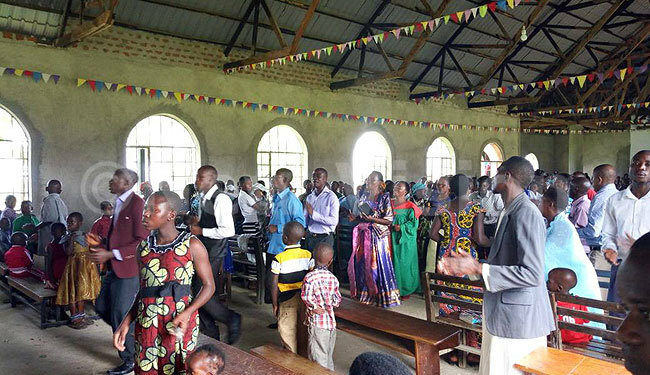Easter Monday, the day after the jubilant Easter Sunday, is a vibrant tapestry woven with diverse traditions, symbols, and cultural practices embraced by communities worldwide. From solemn reflections to lively festivities, this day offers a kaleidoscope of celebrations commemorating the resurrection of Christ. In this exploration, we embark on a journey to unravel the essence of Easter Monday, examining its significance, rituals, and variations across different regions, with a particular focus on Uganda and other parts of the world.
Easter Monday holds profound historical and religious significance as it marks the beginning of Easter Week/Bright Week, symbolizing the renewal and rejoicing following the solemnity of Good Friday and the anticipation of Easter Sunday. Across Christian traditions, notably in the Eastern Orthodox and Roman Catholic churches, this day serves as a pivotal moment for reflection and spiritual renewal.
Global Observances of Easter Monday showcase a rich tapestry of customs and rituals, each infused with its unique cultural flavor while retaining underlying themes of renewal and rebirth. From religious processions to secular festivities, communities around the world embrace a myriad of practices. In Poland, for example, Easter Monday, known as “Śmigus-Dyngus” or “Wet Monday,” sees people playfully dousing each other with water to symbolize cleansing and purification. Meanwhile, in the United Kingdom, egg rolling competitions symbolize the rolling away of the stone from Christ’s tomb, blending religious symbolism with festive fun.
In Uganda, Easter Monday holds deep cultural significance, fostering communal gatherings and religious ceremonies that reflect the country’s rich heritage and strong faith traditions. Families and communities come together to share meals, engage in prayer, and partake in traditional rituals that reinforce bonds of kinship and faith. While specific customs may vary, the overarching themes of renewal and community permeate Ugandan Easter Monday celebrations, underscoring the importance of faith in daily life.
Reflections on Symbolism and Tradition illuminate the underlying meanings behind common Easter Monday practices. The act of egg rolling, for instance, symbolizes the rolling away of the stone from Christ’s tomb, signifying the triumph of life over death. Water splashing rituals, found in various cultures, symbolize cleansing and purification, echoing themes of spiritual renewal. These symbolic gestures, deeply rooted in religious narratives, resonate across diverse cultural landscapes, uniting communities in shared expressions of faith and hope.
The Intersection of Tradition and Modernity reveals the dynamic evolution of Easter Monday observances in response to societal changes and globalization. In an increasingly interconnected world, traditional rituals intersect with modern technologies and digital media, amplifying the reach and impact of Easter Monday celebrations. Social media platforms enable communities to share their traditions with a global audience, fostering cross-cultural exchange and appreciation.
Challenges to the preservation of cultural heritage underscore the importance of education in safeguarding Easter Monday traditions for future generations. As societies grapple with rapid change, efforts to document and transmit cultural practices become imperative in ensuring their continuity. Through education and advocacy, communities can uphold their unique cultural heritage while embracing the dynamism of a changing world.
In conclusion, Easter Monday embodies the universal values of faith, renewal, and community, transcending cultural boundaries to unite humanity in celebration. As we cherish the colorful tapestry of traditions that adorn this day, let us embrace diversity, foster intercultural understanding, and draw inspiration from the timeless message of hope and resurrection.







Discussion about this post